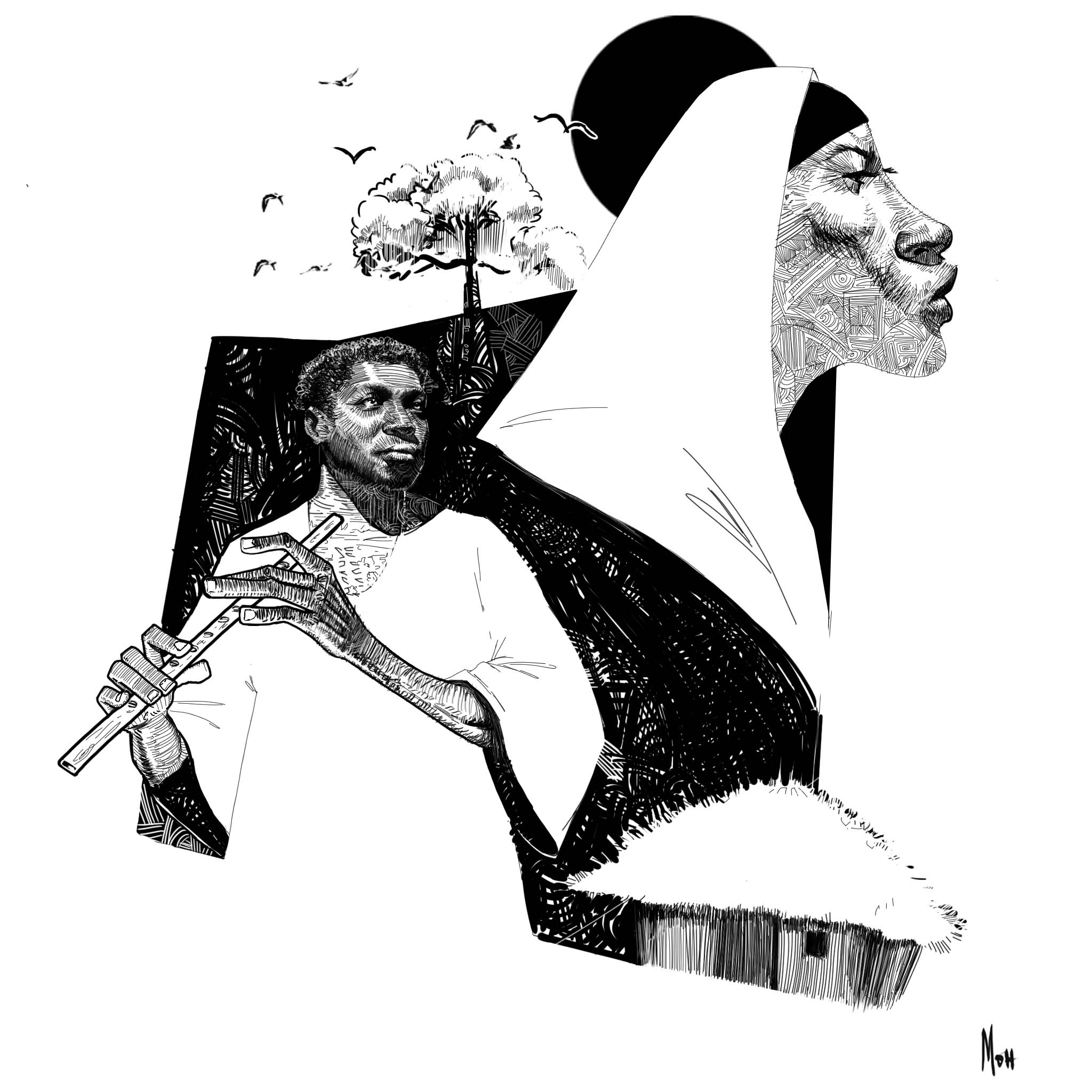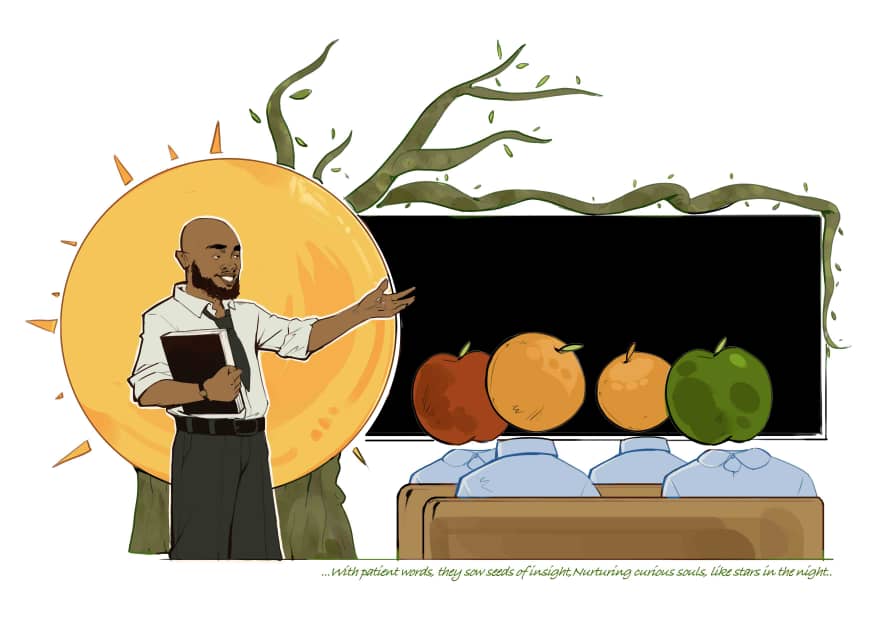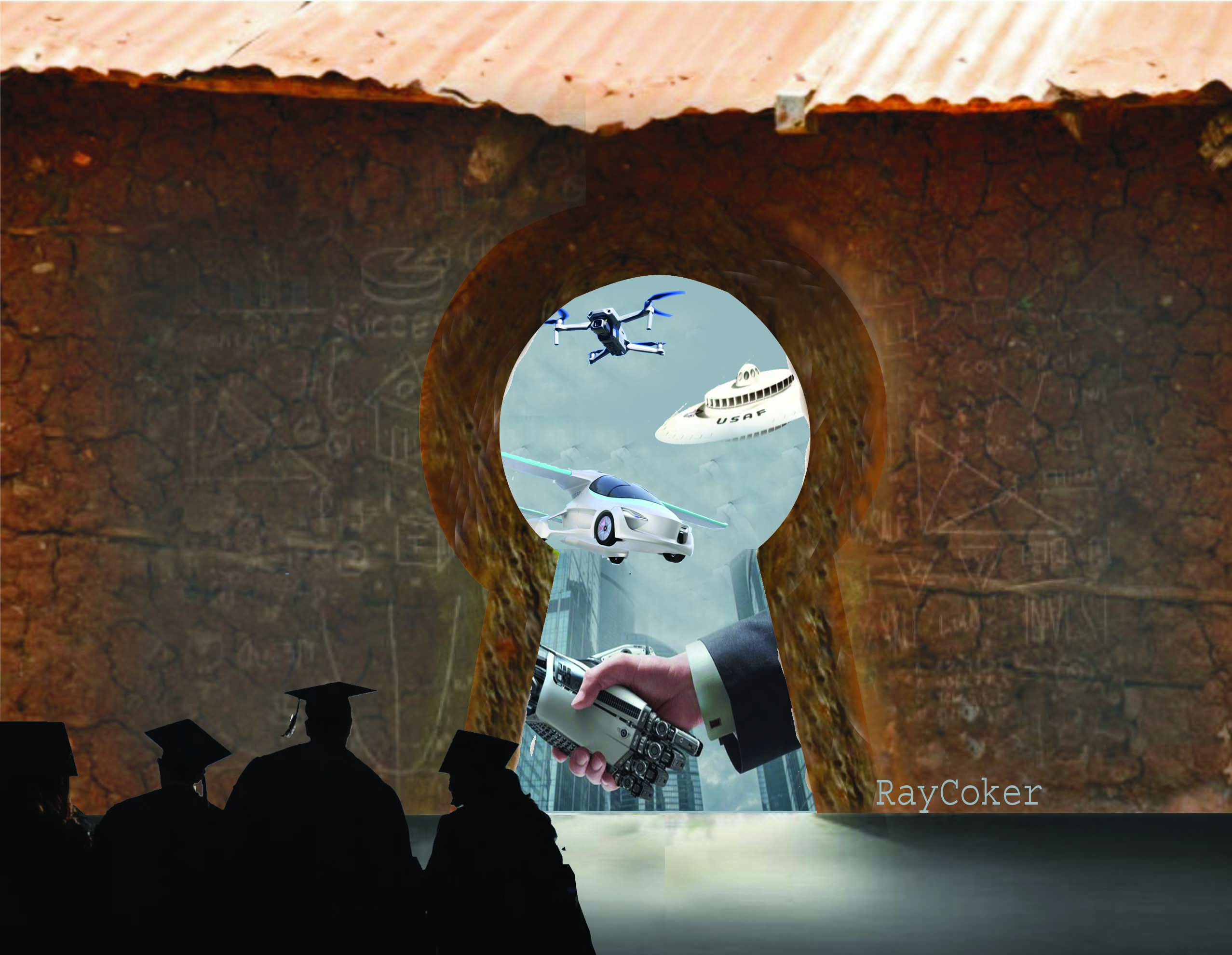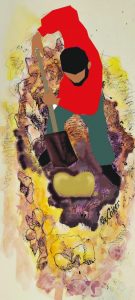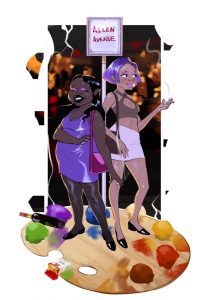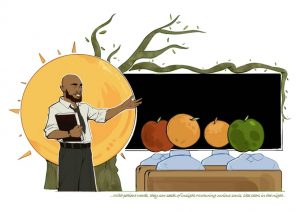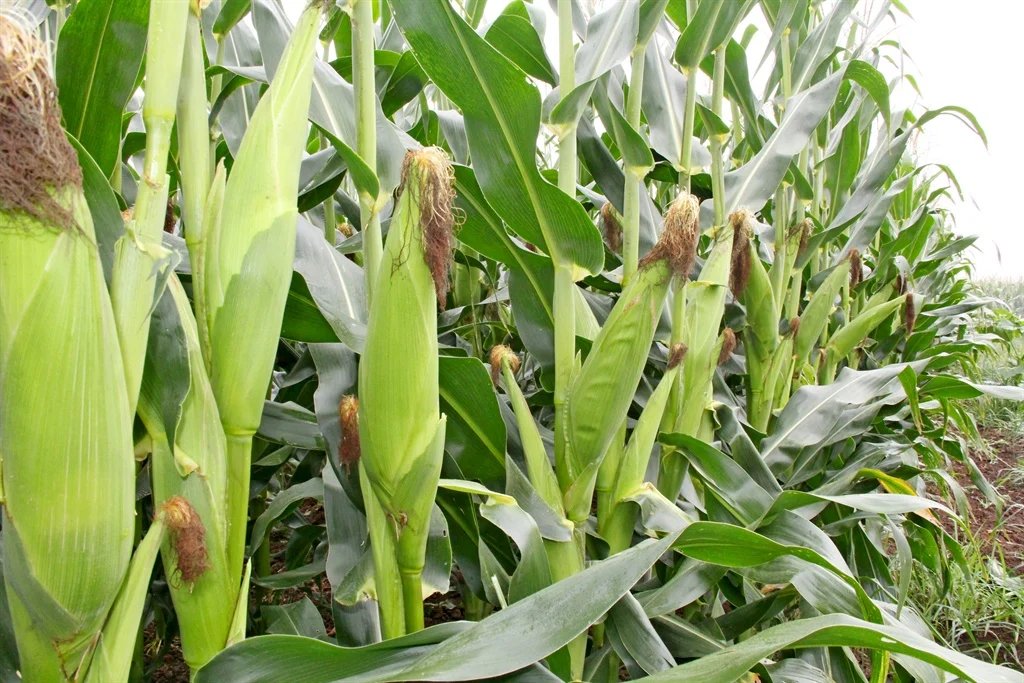
Photo Credit: Farmsquare
This little corn silk from the fields chuckle my heart
The memories of laborious days past
Proud of the harvest I stashed
The rodents in contestation I combat
And in my joy the harvest of yesteryear surpassed
Beaten by the elements, wrinkled and hopeless I steer
In solitude, as the strands, I harvest to persevere
From whence more doth appear
Dreams to reflect on the wasted year
Heralding the tolling of the knell for which I fear
Ready to crawl when I am too weak to run or face disgrace.
Let the golden strands take their place
And my wisdom wig to adore and the sprouting silk on my face
Put aside the cravings of this age
Make amend where I have erred and never be caged
But ready to hoist the champion flag like a sage.
ABOUT THE POEM
The poem, At the opening of the poem, one is tempted to see it as an agrarian poem. “The Harvest” written by Jide Fashoyin treats the issues of ageing; the attendant shock and excitement and why one needs not be afraid of getting old because ageing is a natural process of life that is experienced irrespective of nutrition or Medicare.
Young people tend to believe that their hair will always remain radiant, their skin will always be smooth and firm, their bones being strong as steel, but these are illusions.
The poem is set in three stanzas of sixteen lines of five- five-six respectively. Each stanza has its rhyme pattern of /t/ aaaaa, /ɪə/ bbbbb, /eIs/ cccccc respectively.
The first stanza opens like an agrarian piece as the narrator expresses his excitement at the emergence of the corn silk on the tip of the ear of the corn and he is happy for the anticipated harvest after a laborious year.
The narrative evolves rudely from that farmer who talks about his joy for a good harvest to that of a person who is drained and in solitude harvesting something else, his grey hair which he pulls out only for more to sprout. The narrator reflects on the grey that has taken over his head and sees it as a precursor to his end, which is death.
In the third stanza, the narrator is ready not to dwell on self-pity but to take his destiny in his hand and be ready to allow the grey hairs to continue growing undeterred and ‘’let the golden strands take their place’’ just like the corn silk
He even referred to his grey hair as a “wisdom wig” This is symbolic because of the experience gained over the years.
The narrator closes an admonition in the third stanza; to renounce the hold on the world upon us and attain something higher than physical.
The silk hair from corn compares to the grey hair at old age when the harvest is expected.
‘Beaten by the element’. Here ‘the element’ is personified as it takes its toll on the narrator.
‘’Golden strands” The narrator metaphorically describes grey hair in a likeable manner, something desirable. It is also ironic that the narrator now sees beauty in the strands, which hitherto would have been pulled off.
“Wisdom wig” is alliteration. The two initial /w/sounds of the two words follow the other.
CONCLUSION
The poet helps us connect with the world around us and describes the shock and excitement of growing older, urging the readers to see ageing as a natural stage in life that is exciting and with possibilities that redefine self-worth for those ageing.
.


